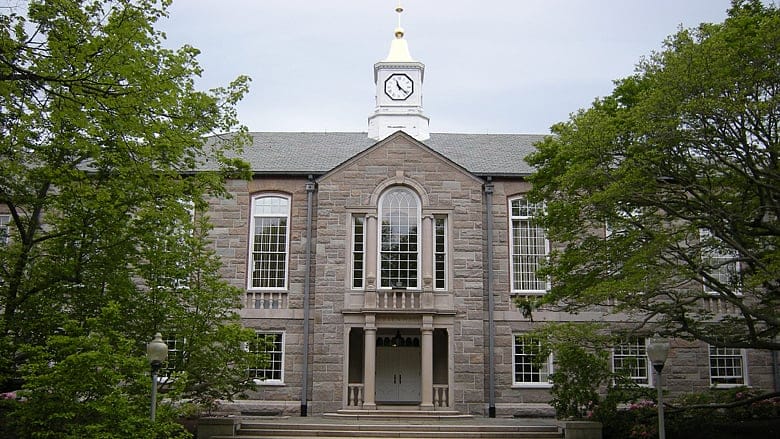More states start funding colleges based on outcomes

Under a new state law, Rhode Island's public colleges won't get additional state funding simply for enrolling more students. They will have to prove that they're making progress on goals such as increasing graduation rates.
Over 30 states now partially—or in Tennessee's case, almost completely—fund higher education based on metrics such as graduation rates, course completions and the share of low-income students enrolled. States have applied these formulas only to two-year colleges, only to four-year colleges, or to all their public institutions.

